Watch CBS News
Name:
Lauren Whitney
Title:
Meteorologist at CBS Colorado
Education:
· Bachelor of Arts in Broadcast Journalism, Walter Cronkite School of Journalism, Arizona State University
· Bachelor of Science in Geosciences, Concentration inBroadcast and Operational Meteorology, Mississippi State University
Company Description:
CBS Colorado is a24-hour news operation dedicated to delivering impactful stories from acrossthe state. We provide comprehensive coverage of local, national, and breakingnews, along with in-depth sports reporting and First Alert Weather forecasts.Our team of diverse community journalists is committed to keeping Coloradoinformed with accurate, timely, and meaningful storytelling.
Tell us more about your job.
As a broadcast meteorologist, my role combines daily consistency with constant change. CBS Colorado delivers weather updates and full coverage throughout the day, starting at 4:30 a.m. and continuing throughout the evening, seven days a week. While I'm not on every broadcast, there's always a meteorologist delivering forecasts for viewers.
That part remains steady, but Colorado's ever-changing weather keeps my job exciting!
Each forecast is unique, sometimes shifting by the hour. Many people don't realize that meteorologists don't read forecasts from a script. We develop our own forecasts by analyzing weather models and interpreting atmospheric data. When I'm on air, I present the forecast extemporaneously, using graphics I build to help clearly explain what's happening and what it means for viewers.
Beyond television, I also share weather updates on the CBS Colorado website and on social media so people can access forecasts whenever and however they need them. And like many on-air professionals, I handle my own hair, makeup, and wardrobe each day. Fun fact: Meteorologists can't wear green on camera, or we'd disappear into the green screen!
Why is STEM important within your industry?
STEM -- science, technology, engineering, and math -- is the foundation of both the television industry and meteorology. In broadcasting, technology powers everything from cameras and newsroom computer systems to the tools our reporters use to deliver their stories. Behind the scenes, engineers and IT professionals make sure these systems run smoothly so we can reliably deliver news to viewers.
Meteorology itself is entirely STEM-based. Forecasting relies on mathematical calculations, atmospheric science, and geoscience principles. We analyze weather data using advanced computer models, and we depend on sophisticated technology to deliver real-time updates to people across the state and beyond. Even the systems we use require engineering expertise for maintenance and upgrades. Without STEM, we wouldn't be able to track storms, predict weather patterns, or keep communities informed and prepared.
Was there a specific moment when you decided you wanted to pursue STEM as a career?
I originally planned to become a sports journalist, reporting from the sidelines of big games, providing play-by-play coverage, and interviewing athletes and coaches. Meteorology wasn't on my radar at first, but career paths often take unexpected turns!
My first job out of college was as a morning anchor at a small station in Grand Junction, Colorado. One day, my news director asked if I'd also cover the weather. I didn't have a background in meteorology, but I was eager to learn and said yes. I embraced the challenge, quickly realizing how fascinating and complex weather forecasting is. That opportunity sparked my passion for meteorology, leading me to dive deeper into the science behind it.
When I later joined CBS, I decided to go back to college and earn my meteorology degree. It was one of the best decisions I've made -- combining my love for broadcasting with a newfound appreciation for STEM and the science of weather.
What do you like best about your job?
One of the best parts of being a TV meteorologist is that no two days are ever the same. Colorado's weather is constantly changing, which keeps forecasting both exciting and challenging. While I have a steady schedule, the conditions I report on are always shifting, making each day a mix of consistency and variety.
I also find great purpose knowing that my work can directly affect people's daily lives. Whether they're preparing for their workday, getting their kids to school, or making weekend plans, viewers rely on weather forecasts to stay informed and ready for whatever the day brings. I take that responsibility seriously, knowing that forecasting is both an art and a science. The CBS team and I work hard to deliver the most accurate and useful information possible.
Beyond the newsroom, I also enjoy emceeing events for local nonprofits. Supporting organizations that make a difference in our community is incredibly rewarding, and I'm grateful for the opportunity to use my platform to help others.
What are the most important skills needed in your job?
A strong foundation in atmospheric sciences and their real-world applications is essential. Meteorologists must analyze weather patterns, interpret data, and translate complex information into accurate, easy-to-understand forecasts.
Equally important is the ability to communicate that knowledge effectively on television. Understanding how a newsroom operates and how broadcasts are produced helps make sure that forecasts are clear and delivered seamlessly to viewers.
Time management and adaptability are also key. In live television, everything runs on a strict schedule, whether we're ready or not! Meteorologists must think quickly, work efficiently under tight deadlines, and be prepared to adjust forecasts as conditions change.
At CBS Colorado, our weather team constantly communicates, collaborating about storm developments or refining our forecasts. Weather reporting is truly a group effort, involving both on-air and behind-the-scenes professionals working together under sometimes high-pressure situations.
Writing and grammar skills also matter. We write weather updates for the CBS Colorado website and social media, where creativity also plays a role. We strive to make each forecast informative, engaging, and fresh while maintaining consistency.
Ultimately, being a meteorologist requires a balance of science, storytelling, teamwork, and adaptability, all working together to keep our viewers informed and prepared.
Have there been times in your career where you've faced difficult challenges and how were you able to overcome them?
Every major storm or severe weather event presents a challenge. Weather is constantly evolving, and making accurate predictions requires interpreting ever-changing data in real-time. That uncertainty is something every meteorologist learns to navigate. It keeps the job exciting but also requires adaptability and quick decision-making.
A personal challenge for me was balancing my full-time job at CBS Colorado while earning my meteorology degree. Managing both commitments often felt overwhelming, and I struggled to keep up at times. I eventually had an honest conversation with my boss about needing more time for my coursework, but once I did, I found tremendous support. Our team worked with me to create a schedule that allowed me to succeed both professionally and academically.
That experience reinforces an important lesson: It's okay to ask for help. Growth often requires support and perseverance paired with honesty can open doors you didn't expect.
Are there any hobbies, sports, or other interests of yours that have helped you excel in your career?
Being a parent to two young children has also shaped how I approach my work. It's taught me patience, time management, and the importance of clear communication. It's also reinforced why what we do can help families stay informed and safe. All of these experiences together make me a stronger meteorologist and communicator.
I've always been a voracious reader and naturally curious about how things work. That curiosity helps me stay well-rounded and continually learning, whether I'm reading about science, culture, or current events. It fuels my ability to ask better questions and explain complex topics more clearly.
I also love sports, which has helped sharpen my ability to think quickly, adapt to fast-changing situations, and communicate clearly under pressure, all skills that translate directly to live television.
What advice would you give to girls of all ages who are interested in STEM?
Be curious, ask questions, and never stop learning! If something in STEM sparks your interest, explore it -- talk to your teachers, join STEM clubs, and dive into books on the subjects you love. There is so much knowledge at your fingertips, and the more you explore, the more you'll discover.
Don't be afraid to research topics that fascinate you, even if you're not sure they'll become your career. Learning is a lifelong journey, and sometimes the smallest discovery can ignite a passion that shapes your future. Surround yourself with peers and mentors who share your interests, as they can inspire and support you along the way.
Any additional thoughts on why it's important to get more girls involved in STEM?
Getting more girls involved in STEM is important because diverse perspectives lead to ideas, solutions, and innovation. When girls see women thriving in science, technology, engineering, and math, it helps them imagine themselves in those roles too.
STEM careers shape the world we live in, from meteorology and medicine to technology and environmental science. Encouraging girls to participate helps ensure that future discoveries reflect a wide range of experiences and viewpoints. Representation and mentorship play a key role in building confidence, curiosity, and a sense of possibility.
Programs like Girls & Science help young girls see that they belong in STEM, and that their questions, ideas, and talents are valued.
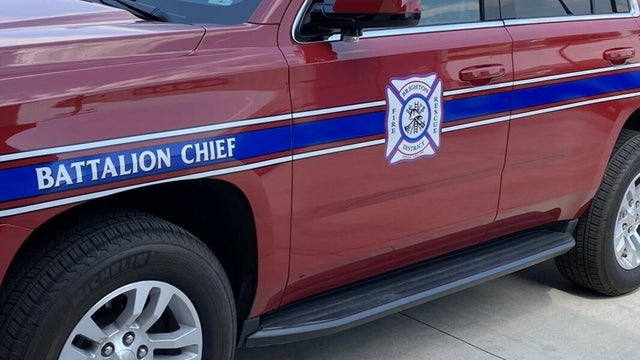
An early morning collision between a train and a car in Brighton sent one person to the hospital and now police are investigating whether the driver of the car was drunk at the time he stopped on the tracks.

A 14-year-old boy is dead and now the Colorado Bureau of Investigation has issued an alert looking for the driver of a black BMW sedan who police say struck the teen while he was riding his bicycle in Thornton.
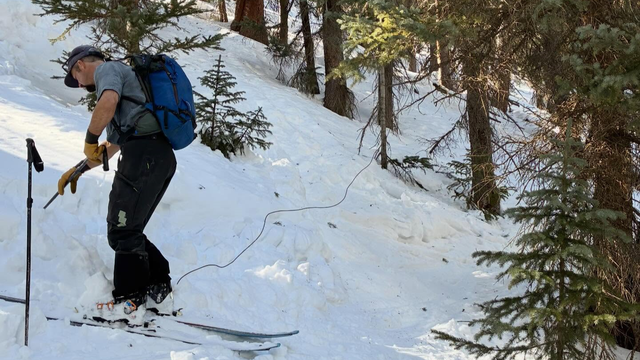
Low snowpack is raising concerns, as debris in Colorado's backcountry is becoming exposed, posing risks to skiers.
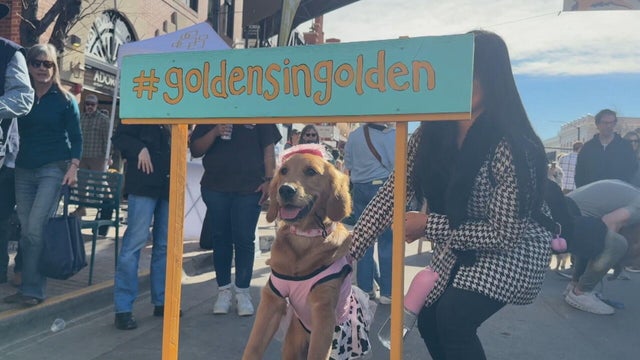
Colorado residents and visitors from across the country have flocked to Golden to celebrate their own version of Super Bowl weekend.
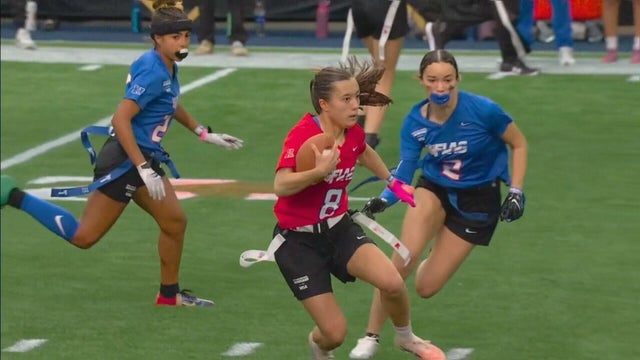
The Denver Broncos didn't make it to the Super Bowl this year, but Colorado was still represented on one of football's biggest stages.
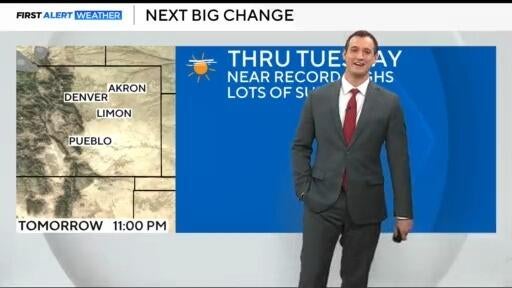
Joe Ruch is tracking rain and snow for the week ahead in Colorado.
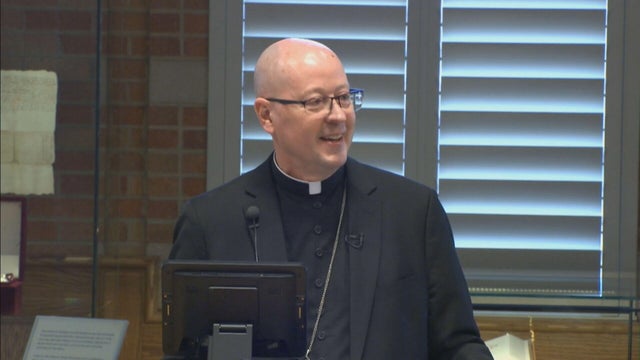
Pope Leo XIV has accepted the resignation of the Archbishop of Denver and appointed his successor.

Denver police are searching for a suspect wanted in connection with a hit-and-run crash last month that left three people injured.
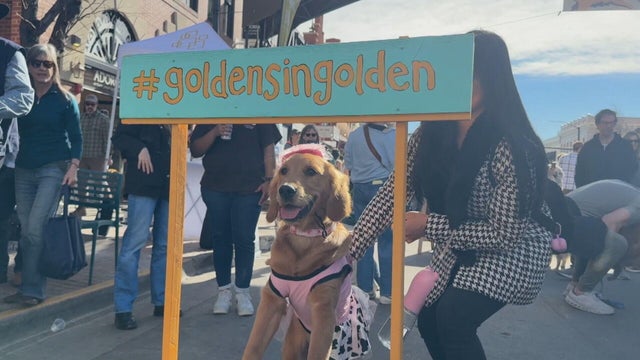
Colorado residents and visitors from across the country have flocked to Golden to celebrate their own version of Super Bowl weekend.
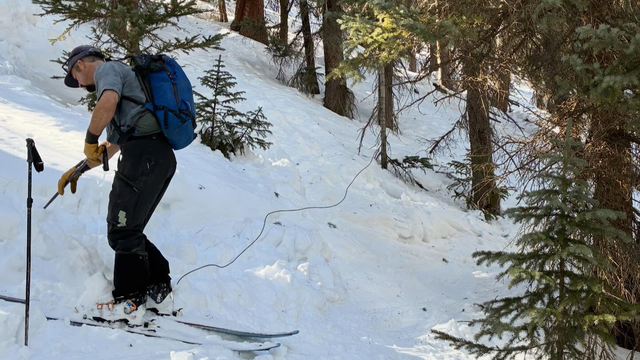
Low snowpack is raising concerns, as debris in Colorado's backcountry is becoming exposed, posing risks to skiers.
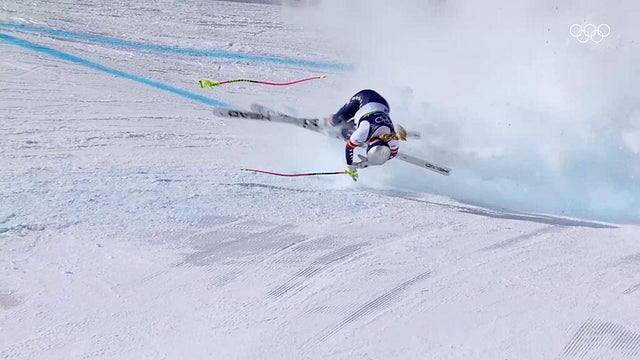
Lindsey Vonn, who came out of retirement to compete in the Milano Cortina Games, is in stable condition after her crash.

The Denver Broncos didn't make it to the Super Bowl this year, but Colorado was still represented on one of football's biggest stages.
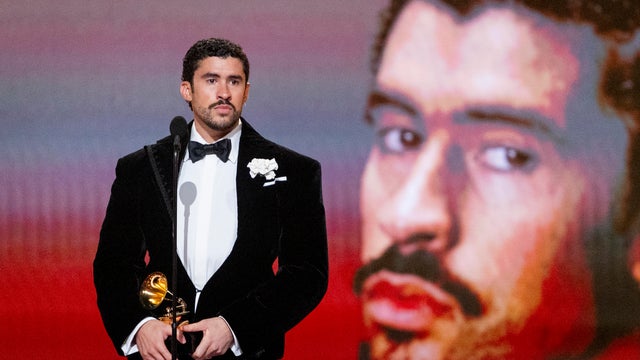
Bad Bunny is set to take the stage at halftime for the 2026 Super Bowl. Here's who else is performing at Super Bowl 60.
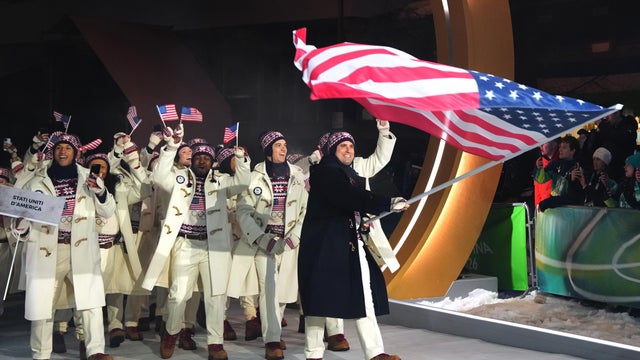
Skier Chris Lillis said he was "heartbroken about what's happened in the United States," while skater Amber Glenn said she "will not just be quiet."
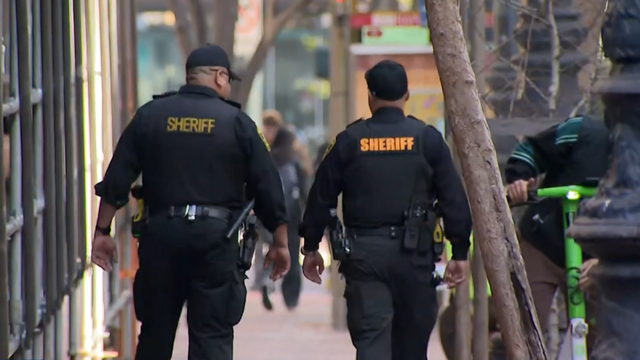
More than 35 local, state and federal agencies have been working for the last 18 months to prepare for Super Bowl LX in Santa Clara, California.

Lindsey Vonn, who came out of retirement to compete in the Milano Cortina Games, is in stable condition after her crash.

Brad Arnold, the founder and lead singer of the 3 Doors Down has died following "his courageous battle with cancer," the rock band announced Saturday on social media.

Bad Bunny is set to take the stage at halftime for the 2026 Super Bowl. Here's who else is performing at Super Bowl 60.

Skier Chris Lillis said he was "heartbroken about what's happened in the United States," while skater Amber Glenn said she "will not just be quiet."

More than 35 local, state and federal agencies have been working for the last 18 months to prepare for Super Bowl LX in Santa Clara, California.

Nexstar's acquisition of Tegna would bring together two companies with significant holdings in local broadcast media.

Skier Chris Lillis said he was "heartbroken about what's happened in the United States," while skater Amber Glenn said she "will not just be quiet."
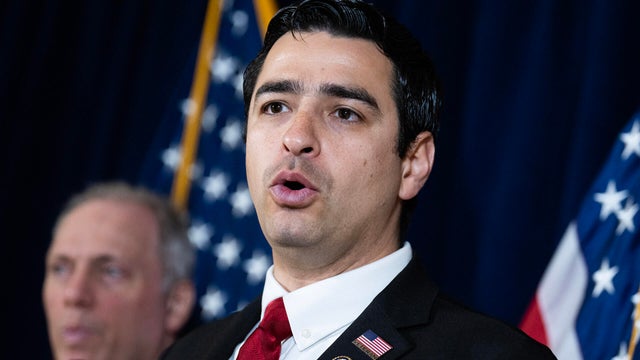
Immigration enforcement will take center stage next week in D.C. Lawmakers will hold two high profile hearings as Congress faces a looming deadline to fund the Department of Homeland Security.
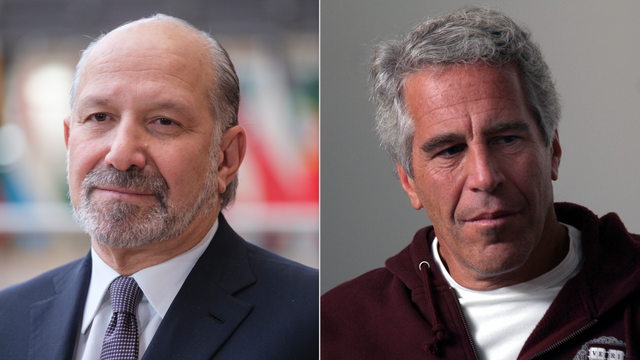
Though the commerce secretary has called his interactions with Epstein as "limited," the two were in business together four years after Epstein's 2008 guilty plea.
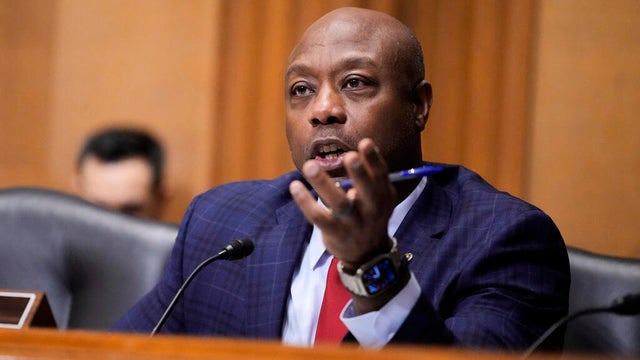
President Trump called GOP Sen. Tim Scott after the South Carolina Republican publicly urged the president to remove a reposted video depicting former President Barack Obama and former first lady Michelle Obama as apes.

Colorado health officials have issued a safety notice over batches of marijuana contaminated with yeast and mold sold in 31 stores across the state over the past two-and-a-half months.
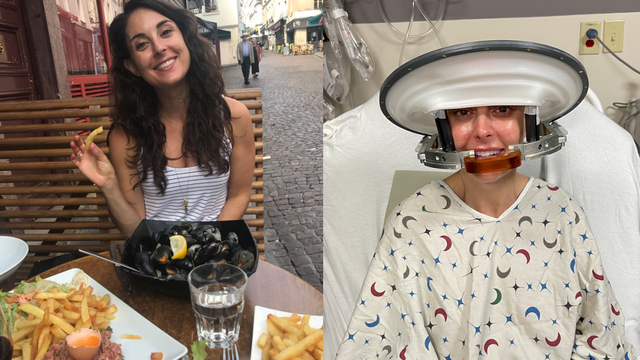
Becca Valle, then 37, enrolled in a cutting-edge clinical trial after surgery removed an aggressive tumor from her brain.

The Trump administration launched its new TrumpRx direct-to-consumer prescription drug listing site late Thursday, part of a push to offer medication at steep discounts.

On Colorado's Eastern Plains, danger can strike faster than help can reach you. For one rancher in Sterling, a simple chore in his land turned into the fight of his life.
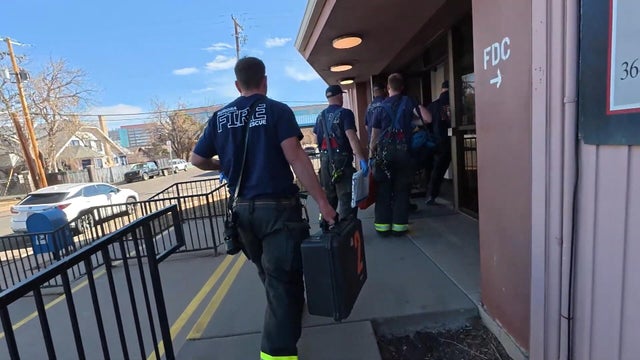
People who call 911 in Aurora for non-emergency medical issues now have the option to be connected to a doctor virtually instead of having an ambulance sent to their location.

Colorado health officials have issued a safety notice over batches of marijuana contaminated with yeast and mold sold in 31 stores across the state over the past two-and-a-half months.
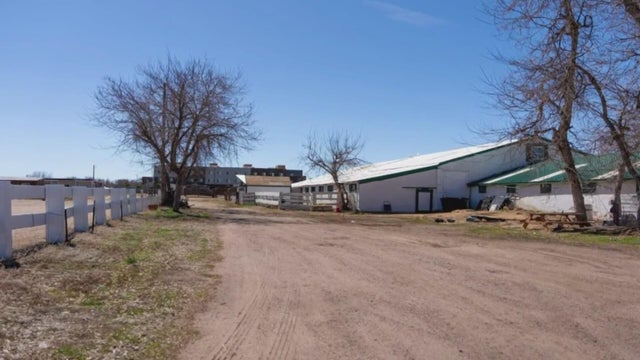
Design plans for the community include walking trails, play areas, community gardens, and indoor gathering spaces. The property sits next to Expo Park and a city recreation center, the Highline Canal Trail, and transit access.

Nexstar's acquisition of Tegna would bring together two companies with significant holdings in local broadcast media.

Though the commerce secretary has called his interactions with Epstein as "limited," the two were in business together four years after Epstein's 2008 guilty plea.

Resurgent technology stocks drove the rebound after a volatile week, while bitcoin also recouped losses.

Denver drivers continue to be impacted by a change in how parking tickets are disputed. That system changed in September, when the city eliminated the ability to dispute parking tickets online.
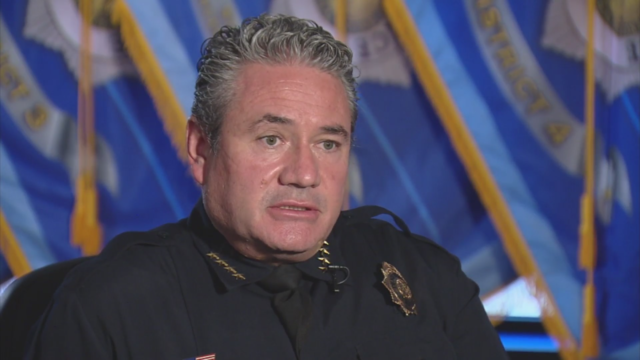
Former Denver Police Chief Paul Pazen, who retired as chief in 2022, plans to announce next week that he is running for a seat on Denver City Council.
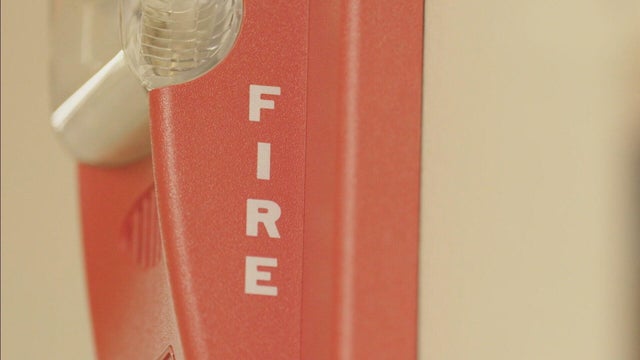
Colorado parents are raising concerns after a dispute between their school district and its water provider put the school's future firefighting water supply in question.
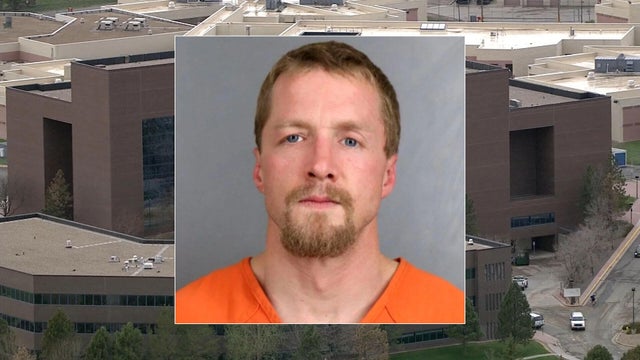
An Arapahoe County judge ordered Aurora resident Daniel Alexander Ashby to stand trial for felony assault, after witnesses say Ashby body-slammed defense lawyer H. Michael Steinberg in a courthouse hallway last December.
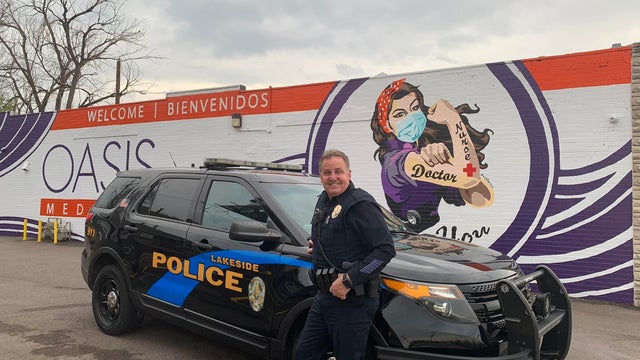
Newly released documents from the Lakeside Police Department say former Sgt. Howard Prince admitted to cheating on his time records, but also said that in an interview, the sergeant said he didn't know why he falsified his time sheets.